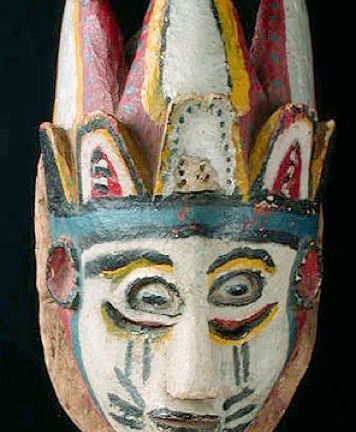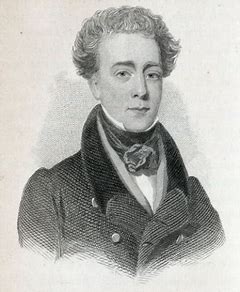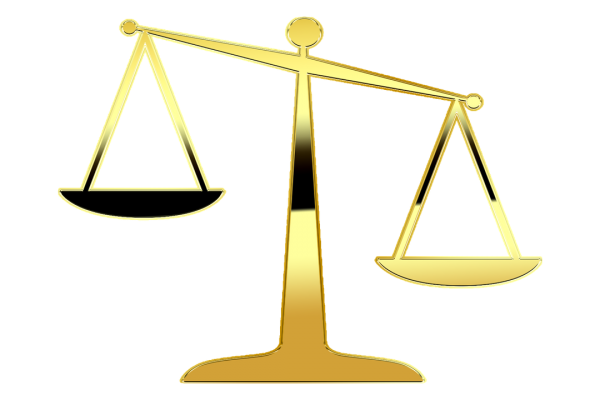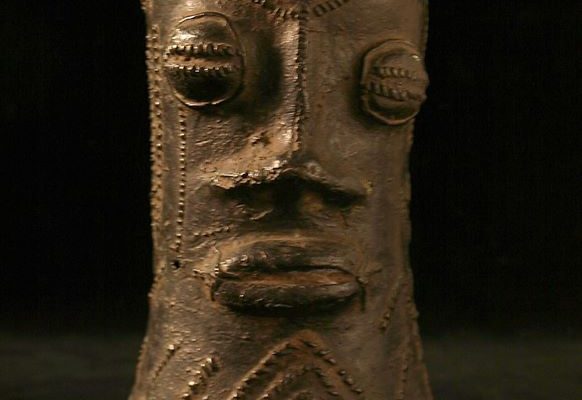The Igala people take immense pride in safeguarding their timeless heritage. This heritage, like a binding force, unites them both within their homeland and across the globe. It is heartening to witness the unwavering resilience of their culture, guiding them from the depths of antiquity into the modern era. However, the Igala language and culture stand at a crossroads, with the alarming risk of fading into obscurity.
Preserving a Unique Legacy
The Igala Kingdom is renowned for the enduring legacy of one of the most long-standing monarchies south of the Sahara. It has maintained its homogeneity and monolingual character through the preservation of the Igala language as the sole medium of oral communication. Historical accounts reveal that, during a British expedition to West Africa in 1841, “Not one of the Attah’s people could write his own name.” This underlines the preponderance of oral Igala language in the history of the kingdom.
However, as time passed, Igala youth pursued Western education, leading to the emergence of numerous professors, doctors, and advanced degree holders. Paradoxically, this surge in education has not translated into Igala literacy. Many of the younger generation are more comfortable with English, primarily due to the absence of formal instruction in their native language during their early education years.
The Challenge of Igala Literacy
Professor R. G. Armstrong, an expert in Nigerian languages, once remarked, “Igala is an oral language.” Despite its rich, expressive and poetic qualities, it has struggled to carry the burden of written communication due to the scarcity of reading and writing materials in Igala. Moreover, many Igala youths and children cannot speak their mother tongue fluently, let alone write it.
The neglect of the Igala language can be attributed to inaction by policymakers, parents, and native speakers. Early missionaries laid the foundation for reading and writing in Igala, providing orthography, primers, and short storybooks. Unfortunately, these materials have disappeared, and the reading culture has equally waned.
A Collaborative Effort to Save Igala
It is imperative for all well-meaning Igala men and women to champion the cause of safeguarding our heritage through active speaking, reading, and writing. It is now crucial for teachers, writers, and informed volunteers to unite and rescue the Igala language which is hanging on a cliff’s edge. The recent government policy change, which promotes local languages as the medium of instruction in primary schools, presents a promising opportunity for the envisioned revitalization. This shift, enacted on December 30, 2022, marks a significant boost for Nigeria’s local languages, emphasizing the importance of mother tongues in education.
One of the immediate challenges is the correct marking of tones when writing Igala words. Tones are integral to Igala and other West African languages. The West African Examinations Council (WAEC) prioritizes the accuracy of tone markings in language examinations.
Preserving Cultural Artifacts and Heroes
Another critical aspect of preservation involves safeguarding cultural artifacts and items of significance unique to the Igala people. Many of these have either vanished or are disappearing rapidly. Establishing a ‘Central Igala Museum,’ managed by historians and archaeologists, could serve as a transformative force in Igala’s economic landscape and allow the people to celebrate their history through tangible exhibits.
Similarly, creating an ‘Igala Hall of Fame’ is vital to immortalize the memory of Igala’s distinguished heroes. This would ensure that the physical identities of revered figures like Abutu Ẹje and Ayẹgba Ọma Idoko are not lost to history. Abutu Ẹje’s visionary leadership played a pivotal role in unifying the Ìfẹ̀ and Ídá chiefdoms into the indivisible Igala Kingdom that we know today.
A Call to Action
In light of these critical objectives, Kigala Productions, through its Igala-specific website, ki-gala.com, calls upon all concerned sons and daughters of the Igala Kingdom to join hands in reviving Igala literacy, establish a much-needed museum, and create an Igala Hall of Fame. We urge them to come together and formulate a comprehensive plan for the documentation and archiving of Igala language and culture in their ramifications.
This critical step will, no doubt, ensure that the legacy of the Igala people endures for generations to come. It is through such actions that we can celebrate and preserve the richness of Igala language and culture. The time to start is now, as an Igala proverb wisely reminds us that, “The race for evening triumph begins early in the morning.”









